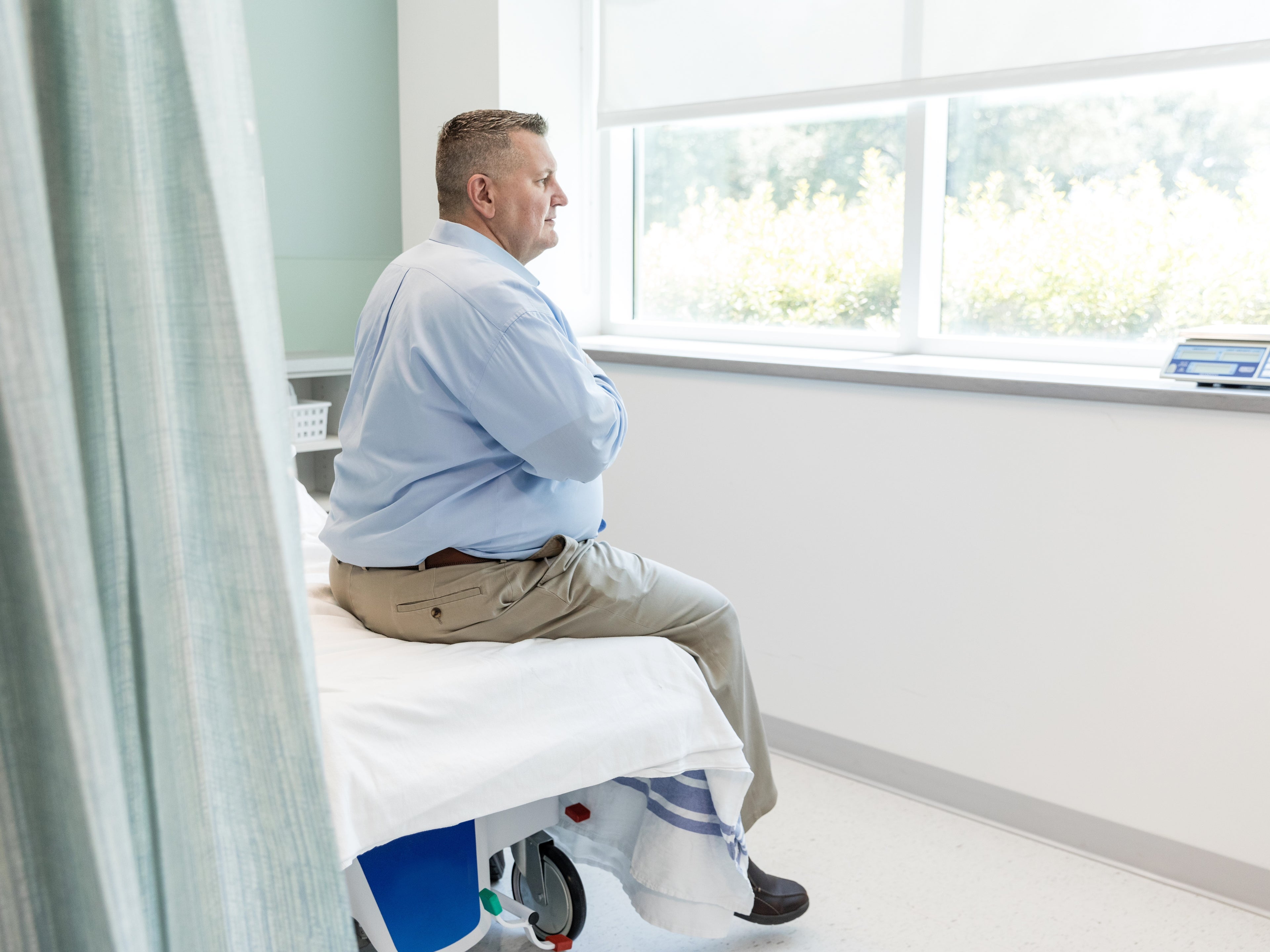You receive a subpoena to produce medical records: What next?
Thursday, 16 February 2023

Do you really understand your legal obligations with regards to releasing patient medical records? The following quick guide to subpoenas, based on questions our medico-legal experts are often asked, clarifies how to comply with this often-misunderstood order.
What is a subpoena to produce?
A subpoena is legal document that compels you to produce evidence. They are usually issued by courts or tribunals.
Who issues subpoenas and where do my documents go?
Subpoenas are issued by the Court, usually at the request of a party to the legal proceedings. Documents should be produced to the Court. Only documents set out in the ‘schedule’ of the subpoena should be produced.
It is important that you do not send subpoenaed documents to the person who asked for the subpoena. No person may access documents produced to the Court unless the Court grants permission.
Can I object to the subpoena? What if I feel it is not relevant or it will harm the therapeutic relationship with my patient?
When served with a subpoena, you must comply with it. Failure to comply without lawful excuse (discussed below) could result in a warrant for your arrest, and order for you to pay costs. A court may also find you guilty of contempt of court.
There may be circumstances where you may wish to object to the subpoena to produce documents. In such a case, you should seek legal advice from Avant as to whether there are reasonable prospects of success in applying to have the subpoena set aside or how else you should respond to the subpoena.
Importantly, a subpoena to produce should not be ignored and if you have any concerns about the production of documents legal advice should be sought.
What if I don’t have the documents sought - can I just ignore it?
No. If you do not have the documents described in the subpoena, you should write a letter to the Court and the issuing party informing them of this.
Can I produce copies and will the documents be returned to me?
The subpoena should state whether copies or originals should be produced. Even if the subpoena does not state that copies may be produced you may, in some cases with the consent of the party issuing the subpoena, provide copies.
The subpoenaed documents will be returned to you, but only after the case is concluded. If you provide copies you may wish to inform the court that the documents may be destroyed by the Court instead of having them returned to you.
Do I need my patient’s consent and, if not, am I breaching privacy?
No. You may disclose health information without the consent of your patient, where you are lawfully authorised or required to do so. The privacy legislation does not override your legal obligation to comply with a subpoena.
If you receive a subpoena, please contact us for medico-legal advice at nca@avant.org.au or on 1800 128 268, available 24/7, after hours and on weekends in emergencies
Useful resources
Factsheet: Providing medical records to a third party
Podcast: Storage and retention of medical records
Case study: Practice absolved of privacy complaint
*IMPORTANT:This publication is not comprehensive and does not constitute legal or medical advice. You should seek legal or other professional advice before relying on any content, and practise proper clinical decision making with regard to the individual circumstances. Persons implementing any recommendations contained in this publication must exercise their own independent skill or judgement or seek appropriate professional advice relevant to their own particular practice. Compliance with any recommendations will not in any way guarantee discharge of the duty of care owed to patients and others coming into contact with the health professional or practice. Avant is not responsible to you or anyone else for any loss suffered in connection with the use of this information. Information is only current at the date initially published.
More ways we can help you



